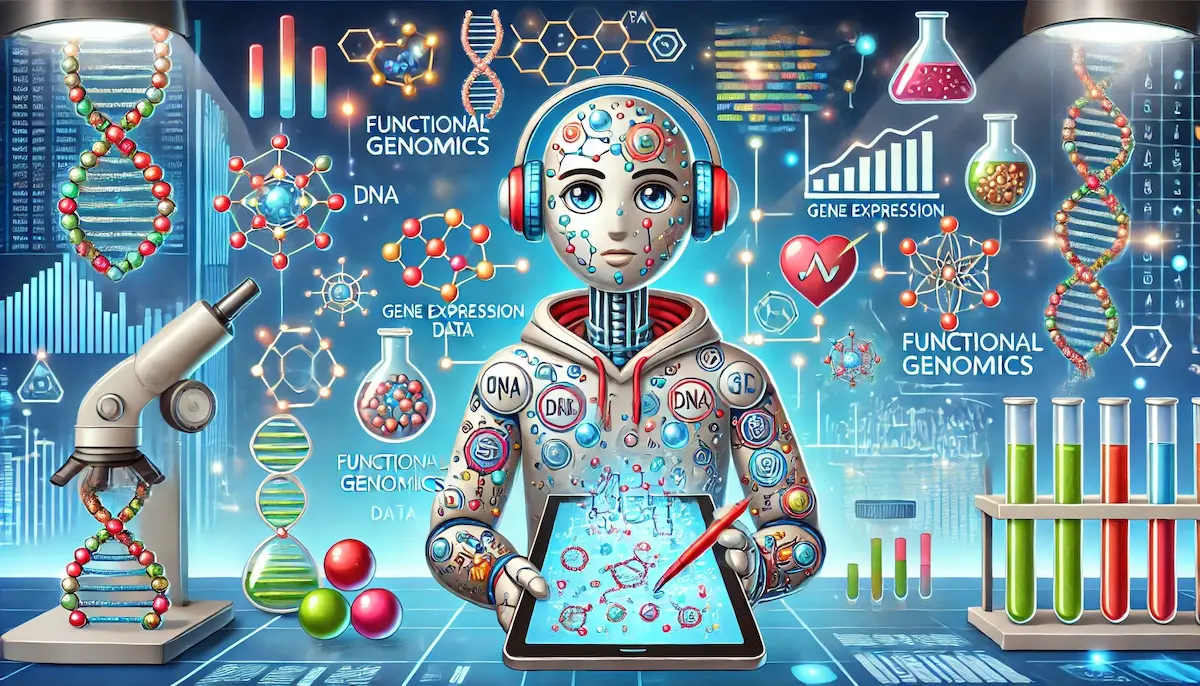Functional genomics is a dynamic field that goes beyond simply sequencing DNA to understand how genes and their products, such as proteins and RNA, function within a living organism. It seeks to unravel the complex interactions between genes, the proteins they encode, and the phenotypic traits they produce. By linking genotype to phenotype, functional genomics provides critical insights into how genes drive biological processes and influence health, disease, and evolution.
The Basics of Functional Genomics
At its core, functional genomics focuses on the roles and functions of genes in a biological context. While the sequencing of entire genomes has provided a detailed map of the genetic code, functional genomics asks deeper questions: What do these genes do? How do they interact with one another? And how do they contribute to the overall functioning of an organism?
Functional genomics employs a range of techniques to answer these questions. One of the key approaches is gene expression profiling, which measures the activity levels of thousands of genes simultaneously to understand how gene expression changes under different conditions, such as during development, in response to environmental stress, or in disease states.
Another important method is gene knockdown or knockout studies, where specific genes are inactivated to observe the resulting effects on an organism. Techniques like RNA interference (RNAi) and CRISPR-Cas9 are commonly used for these purposes, allowing scientists to dissect the function of individual genes and their contribution to biological processes.
Proteomics, the large-scale study of proteins, is also a crucial component of functional genomics. Since proteins are the molecules that carry out most cellular functions, analyzing their abundance, modifications, and interactions provides valuable information about gene function and regulation.
Applications of Functional Genomics
Functional genomics has far-reaching applications in various fields, including medicine, agriculture, and environmental science. In medicine, understanding the functions of genes and their roles in disease is essential for developing new treatments and diagnostic tools. For instance, by identifying genes that are involved in cancer progression, researchers can develop targeted therapies that specifically disrupt those pathways.
In the field of personalized medicine, functional genomics is used to tailor treatments based on an individual’s genetic profile. By understanding how genetic variations affect drug metabolism and response, doctors can prescribe medications that are more effective and have fewer side effects for each patient.
Agriculture also benefits from functional genomics, particularly in the development of crops with improved traits, such as higher yields, resistance to pests, and tolerance to environmental stressors. By identifying and manipulating the genes responsible for these traits, scientists can create crop varieties that are better suited to meet the demands of a growing global population.
In environmental science, functional genomics is used to study how organisms interact with their environment at the molecular level. This includes understanding how plants and animals respond to climate change, pollution, and other environmental pressures, which is crucial for conservation efforts and ecosystem management.
The Future of Functional Genomics
The future of functional genomics is bright, with ongoing advancements in technology and computational biology driving new discoveries. High-throughput techniques, such as single-cell RNA sequencing and CRISPR screening, are enabling researchers to study gene function with greater precision and at an unprecedented scale. These technologies allow scientists to explore how individual cells within a tissue or organ behave, leading to a more detailed understanding of complex biological systems.
Additionally, the integration of functional genomics with other “omics” fields—such as epigenomics, metabolomics, and transcriptomics—is providing a more comprehensive view of how genes function within the broader context of cellular and organismal biology. This systems biology approach is key to understanding the intricate networks that govern life and disease.
As functional genomics continues to evolve, it promises to unlock new insights into the fundamental mechanisms of biology, leading to innovations in healthcare, agriculture, and environmental stewardship. By revealing how genes drive the diversity of life, functional genomics is paving the way for a deeper understanding of the living world.
Blockfine thanks you for reading and hopes you found this article helpful.
